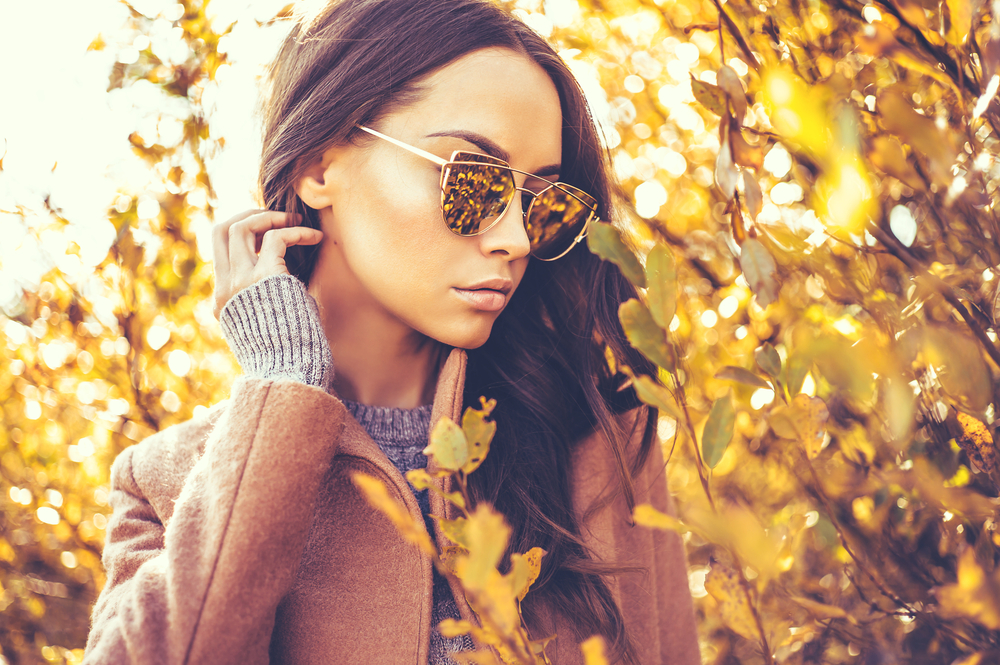
If you are a sun worshipper, you probably love nothing more than kicking back and absorbing the warmth and the vitamin D. But that’s not all you are getting. When you are out in the sun you are also getting a dose of ultraviolet radiation that could be damaging your eyes and the skin around them. More importantly, this UV radiation is present, even on overcast days.
There are three different types of ultraviolet radiation. These are known as UVA, UVB, and UVC. You may not have ever heard of UVC before since it is absorbed by the ozone layer, meaning that it doesn’t have any effect on our bodies or health. However, UVA and UVB can penetrate the atmosphere and reach us down on the ground, and both have been proven to have consequences for our skin, eyes, and overall wellbeing.
What are the Effects of UV Damage on our Eyes?
Most people know that UV exposure can damage their skin, but far fewer realize that the sun and other sources of UV light, such as tanning beds, lasers, and welding machines pose just as much as a threat to their eyes and vision.
The short-term effects of UV exposure usually relate to some form of discomfort. Some people experience dryness, sensitivity to light, or even excessive tearing. The eyes may become red and puffy, and they may feel that they are gritty or like they have something in them. You may also experience a condition called photokeratitis, which is the name given to sunburn of the eye. Fortunately, the effects of short-term UV exposure are normally temporary.
It is the long-term effects of UV exposure that have the potential to be the most damaging. Some of the consequences of prolonged exposure over a number of months and years including pterygium (an abnormal growth on the surface of the eye), cancer of the eyes and eyelids, and damage to the cornea and retina. Studies have found that patients who have experienced long-term exposure to UV are more likely to go on to develop conditions such as cataracts, macular degeneration, and glaucoma – all of which can have permanent consequences for our vision.
UV damage is accumulative, so it is important to take steps to protect your eyes from the harmful effects of the sun. One of the best ways of doing this is by remembering to wear sunglasses when outside.
Not All Sunglasses are Created Equal
One of the most important things to be aware of is that not all sunglasses are equally as effective when it comes to protecting our eyes from the harmful effects of the sun. Many types of sunglasses are ‘fashion’ sunglasses, which means that they look stylish, but the lenses themselves don’t have any or very limited UV-blocking capabilities. Many people think that the darker the lenses are, the better the protection they will offer. This isn’t the case. What you should be looking for is sunglasses that have a sticker or label that shows that they offer both UVA and UVB protection to block at least 99% of ultraviolet radiation. Ideally, they should also block between 75-90% of all visible light.
The style of sunglasses you choose can make a difference in how effective they are too. Oversize lenses, thicker frames, and wraparound styles can help stop UV light from seeping in around the edges of your lenses and reaching your eyes this way. If you spend a considerable amount of time outdoors, you may wish to consider peripheral protection for your eyes.
For more information about UV protection including advice on sunglasses, don’t hesitate to speak to our experienced family eye care team in Davie, FL.







